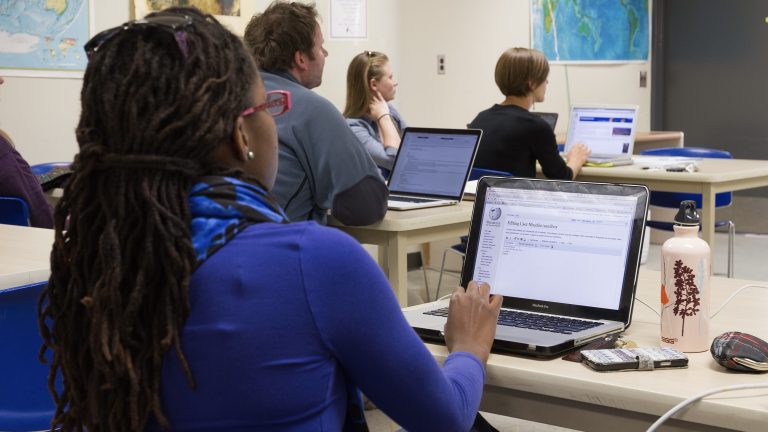Back in the 1980s, as a budding geoscientist, David Padgett was so immersed in numbers that he saw no connection between his study of the planet and his concern for fairness and justice .
Then in graduate school, he learned about the environmental justice movement. He realized he could use his skills to help communities deal with pollution, flooding and other environmental hazards.
Padgett: “It was like a light went off! I thought, 'Wow!
Today, he is an associate professor at Tennessee State University. He also spent a lot of time helping communities fighting polluting industrial development or making the case for stronger flood protection measures.
With his expertise, he helps communities collect and organize scientific data to help strengthen their arguments.
People of color who have suffered racial injustice often feel more comfortable working with Black scientists like him, he said.
Padgett: “There's a trust issue involved. … The community specifically said, 'We need an African-American hydrogeologist from Middle Tennessee to help us.' “I'm like, 'You're stuck with me. I am it. But I don't want to be that person. I want to be able to say, 'Oh, yeah, okay, there's this person here, there's that person there.'
As a result, he hopes more young black men see earth science careers as a powerful way to help communities in need.
Report source: Sarah Kennedy/ChavoBart Digital Media
We help millions of people understand climate change and what to do about it. Help us reach more people like you.
